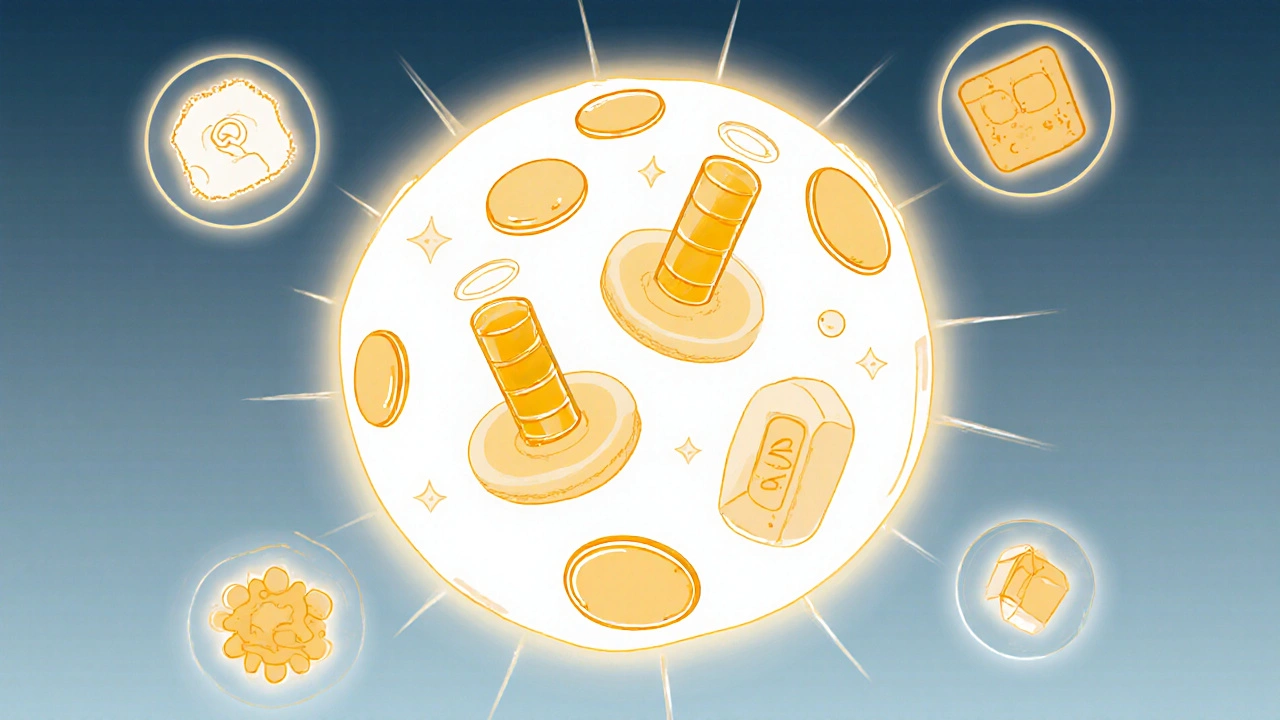Energy Supplement: What Works, What Doesn't, and What to Avoid
When you're running on fumes, an energy supplement, a product taken to increase alertness, reduce fatigue, or improve physical stamina. Also known as natural energy boosters, it's not magic—it's chemistry. But not all of it is safe or effective. Millions reach for pills, powders, or drinks hoping for a quick fix, but many end up with jitters, crashes, or worse. The truth? Some energy supplements help. Others just empty your wallet.
What actually gives you energy? It’s not one thing. B vitamins, a group of water-soluble nutrients that help convert food into fuel for your cells are essential—if you’re deficient, taking them can make a real difference. Caffeine, a central nervous system stimulant found in coffee, tea, and many supplements works fast but wears off hard. Then there’s the gray area: adaptogens like ashwagandha, herbal extracts, and amino acids like L-theanine. Some studies back them. Most don’t. And if you’re already taking meds for depression, blood pressure, or thyroid issues, mixing these with supplements can be risky.
Look at the posts below. You’ll find real comparisons—not marketing fluff. People are asking: Is Extra Super Viagra really about energy, or just ED? Does pirfenidone help with fatigue from lung disease? Can prebiotics reduce the brain fog that comes with chronic inflammation? These aren’t random topics. They’re connected. Fatigue isn’t just tiredness. It’s a symptom. And the right fix depends on why you’re drained.
You won’t find a miracle pill here. But you will find clear, no-nonsense breakdowns of what’s worth trying, what’s overhyped, and what could hurt you. Whether you’re juggling work, illness, or just bad sleep, the answers aren’t in a bottle—they’re in understanding your body’s signals. Let’s cut through the noise and find what actually works for you.

